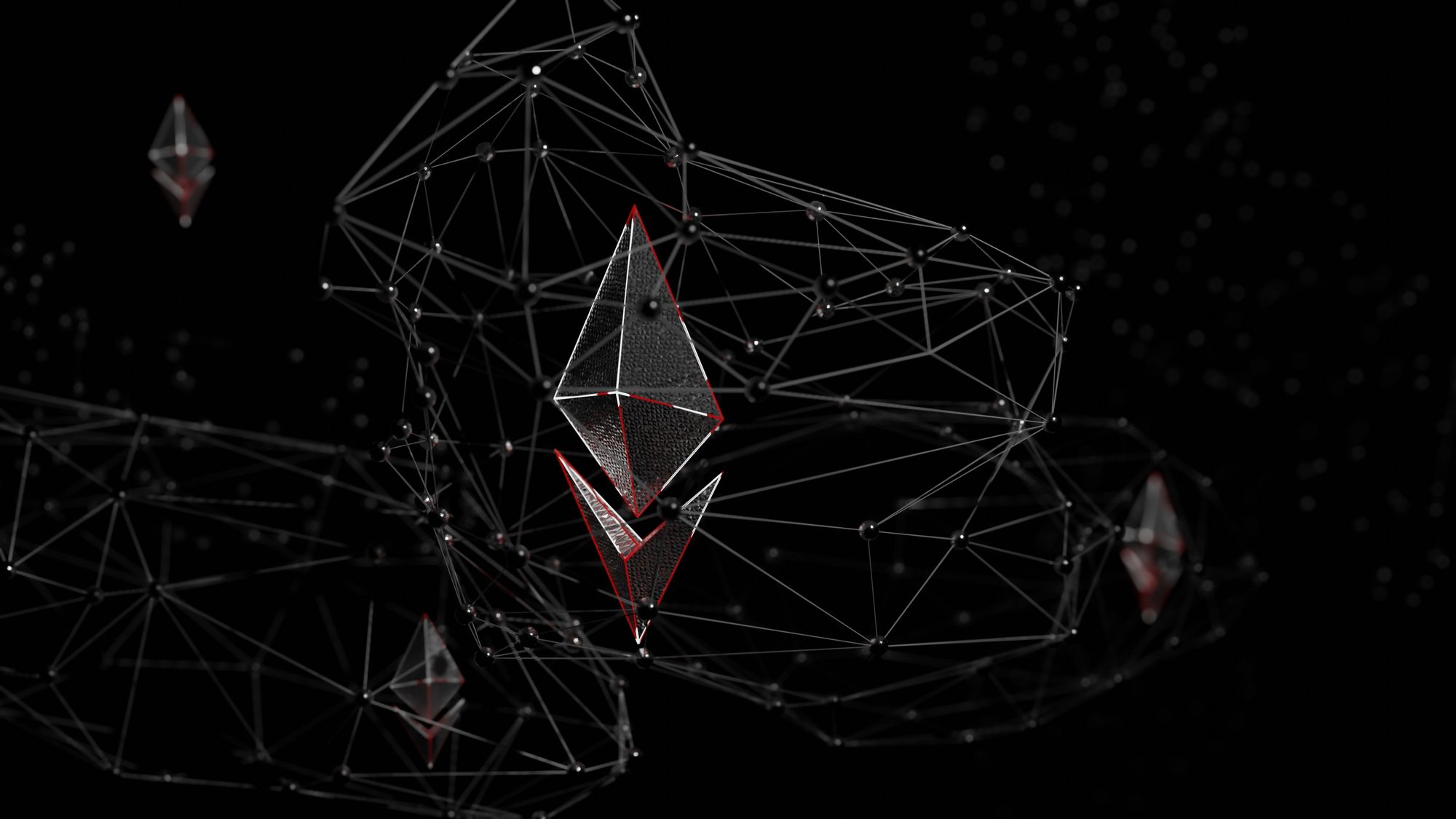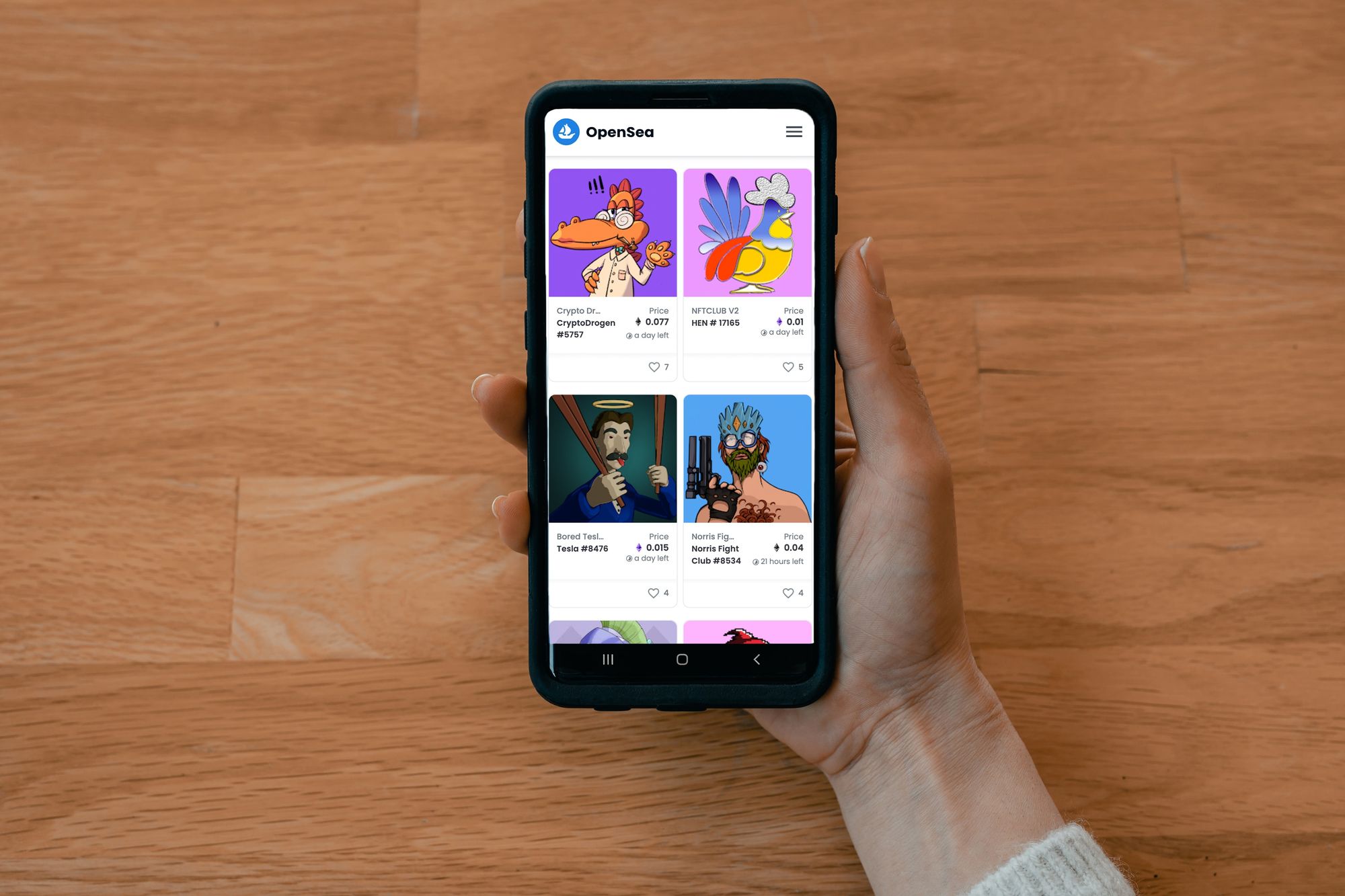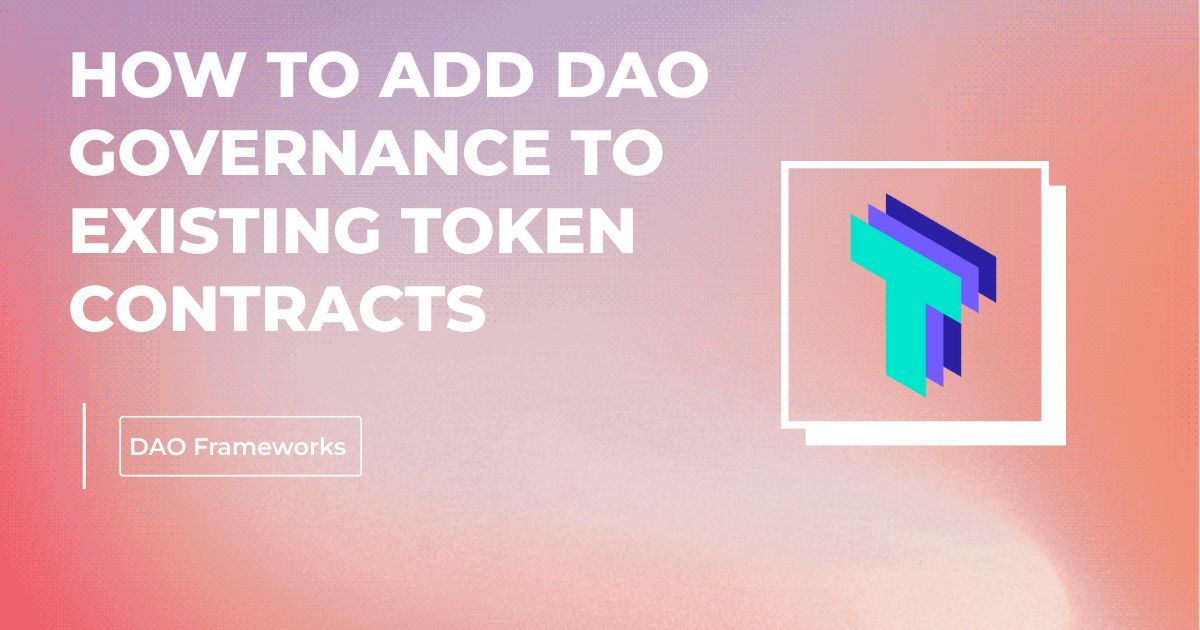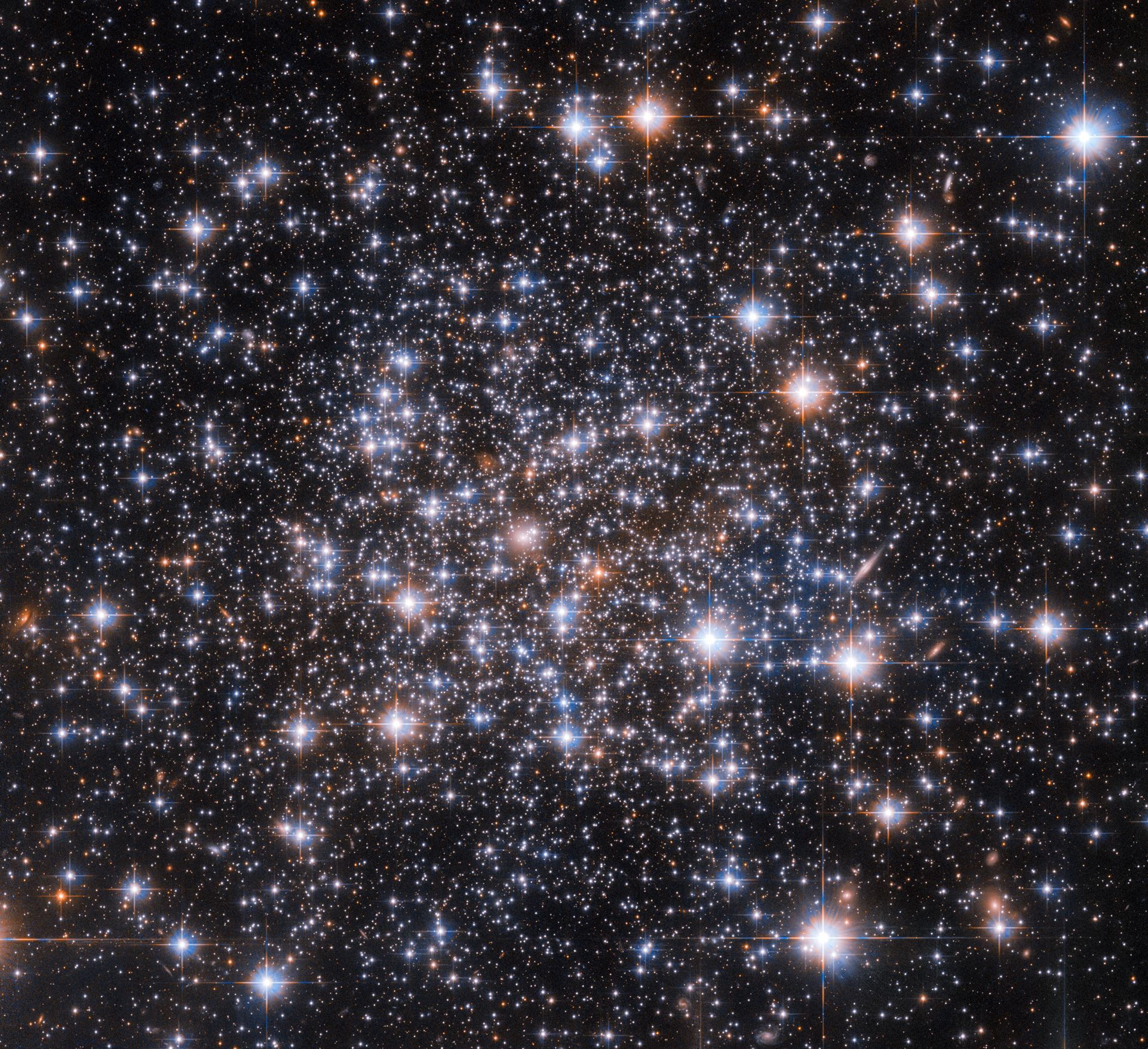Tokens for We but Not for Thee: How a DAO Turned Against One of Its Earliest Investors
By Margaux MacColl | The Information

On May 20, Honey Barrel, whose online bio describes them only as a “vanquisher of non-frens,” woke up and chose chaos. They’re a member of Merit Circle DAO, a decentralized autonomous organization worth over $370 million that loans non-fungible tokens to people who play crypto games but can’t afford the buy-in, according to crypto research startup DeepDAO. In a 2,000-word post on the Merit Circle DAO forum, Honey Barrel proclaimed that certain Merit Circle investors weren’t pulling their weight.
Their solution? Break the contract with the investor in question, Yield Guild Games, return its money, and show the world that DAOs aren’t to be messed with. In the normal startup world, one angry blog post would have gotten lost in the depths of tech Twitter. But in the DAO world, where anyone who holds a token gets a say in the group’s future, the post lit a fire.
How unequal is the crypto economy? A data analysis on the ApeCoin DAO
by Gianluca Mauro | Medium

Crypto is often portrayed as a tool to free people from the oppression of governments and create a fairer, more equal society. While this can be philosophically true, is it also what happens in practice?
I decided to try answering this question by scraping data from a policy votation within the ApeCoin ecosystem and running an analysis. What we’ll be looking at are the votes from the ApeCoin DAO to move ApeCoin out of the Ethereum blockchain after the gas fees surge caused by the ApeCoin mint.
OK, that last sentence was a mouthful for a lot of people, so let me explain what the hell I just said. If you know your crypto stuff, feel free to skip this explanation and go straight to the analysis.
Adding DAO Governance to Existing Token Contracts
by Tally | Hacker Noon

In my previous post, I talked about how to make your NFT contract DAO-ready from day one. But what if you have already deployed your NFT or ERC20 token contract without a future DAO? How can you add DAO governance using that existing token? Let's find out.
You can turn your token contract into a DAO by adding a Governor Contract to manage proposals and votes for your DAO. But before you can do that, you'll need to make sure your token contract is compatible with the governor.
The governor expects a particular interface from the token contract. Here's a summary of what it needs:
Your token contract needs a delegate(), delegateBySig(), and delegates() functions to delegate votes from one user to another.
Your token contract needs to have a clear definition of how to calculate the voting power of each token holder. Usually, one token = one vote, but you can also customize a formula based on the token supply. It needs to have these function definitions getVotes(), getPastVotes() and getPastTotalSupply().
- Last but not least, your token contract needs to emit event logs for vote changes, token transfers, and delegation changes. It needs to have these specific events definitions
DelegateChanged,DelegateVotesChanged, andTransfer.
To get more information about what these functions and events signatures look like and what they should return, please read the Open Zeppelin IVotes definition.
5 Minute Read →
🌙 NASA - Best Photo from Last Week
Hubble Investigates an Enigmatic Star Cluster

Like Sherlock Holmes’s magnifying glass, the NASA/ESA Hubble Space Telescope can peer into an astronomical mystery in search of clues. The enigma in question concerns the globular cluster Ruprecht 106, pictured here. Unlike most globular clusters, Ruprecht 106 may be what astronomers call a single population globular cluster. While the majority of stars in a globular cluster formed at approximately the same location and time, it turns out that almost all globular clusters contain at least two groups of stars with distinct chemical compositions. The newer stars will have a different chemical make-up that includes elements processed by their older, massive cluster companions. A tiny handful of globular clusters do not possess these multiple populations of stars, and Ruprecht 106 is a member of this enigmatic group.
Hubble captured this star-studded image using one of its most versatile instruments, the Advanced Camera for Surveys (ACS). Much like the stars in globular clusters, Hubble’s instruments also have distinct generations: ACS is a third-generation instrument which replaced the original Faint Object Camera in 2002. Some of Hubble’s other instruments have also gone through three iterations: The Wide Field Camera 3 replaced the Wide Field and Planetary Camera 2 (WFPC2) during the last servicing mission to Hubble. WFPC2 itself replaced the original Wide Field and Planetary Camera, which was installed on Hubble prior to its launch.
Astronauts on the space shuttle serviced Hubble in orbit a total of five times and were able to either upgrade aging equipment or replace instruments with newer, more capable versions. This high-tech tinkering in low Earth orbit has helped keep Hubble at the cutting edge of astronomy for more than three decades.
Text credit: European Space Agency (ESA)
Image credit: ESA/Hubble & NASA, A. Dotter
Media Contacts:
Claire Andreoli
NASA's Goddard Space Flight Center
301-286-1940
Last Updated: Jun 10, 2022
Editor: Andrea Gianopoulos
📚 Top 3 Book Summaries for the week
Disclaimer: None of the content in this newsletter is meant to be financial advice. Please do your own due diligence before taking any action related to content within this article.
Disclaimer: Unbound is reader-supported. When you buy through links on our site, we may earn an affiliate commission.





